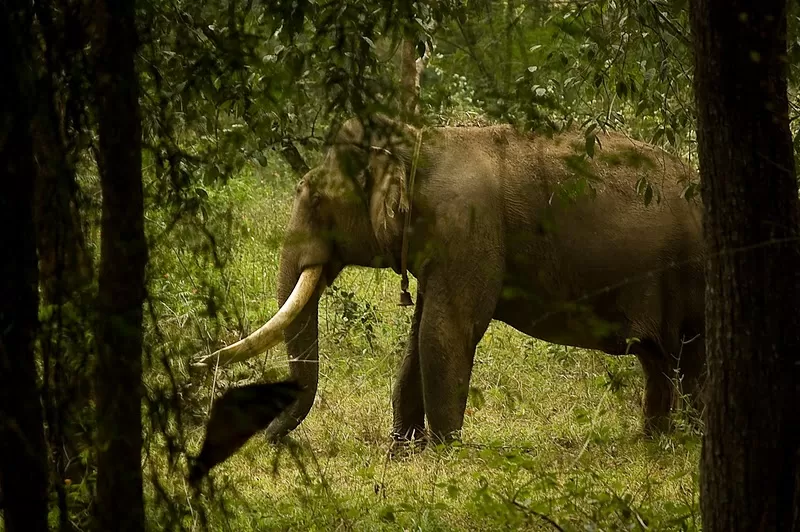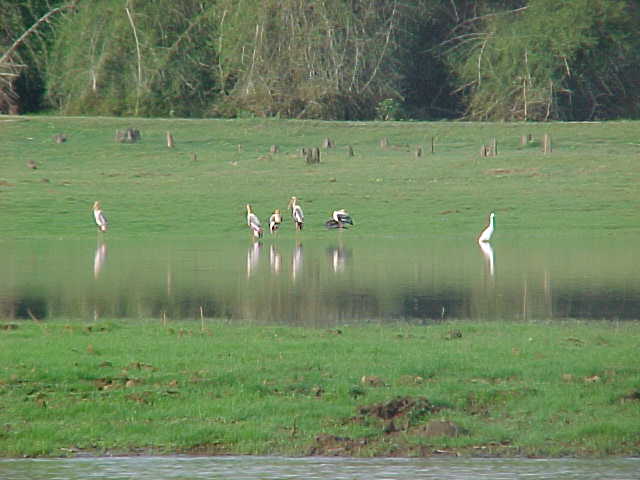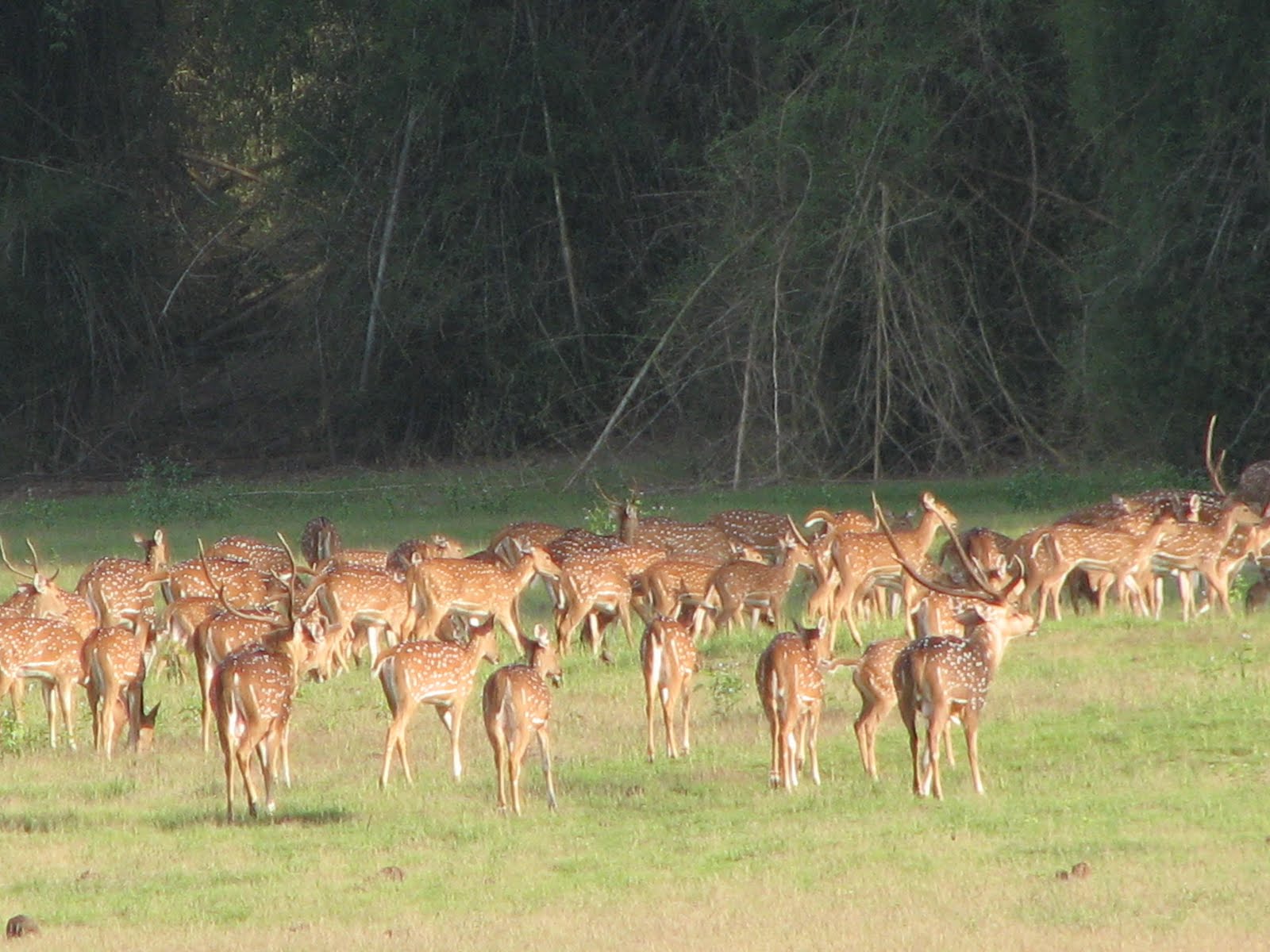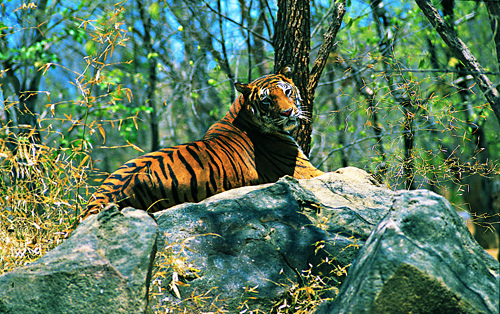Established in 1973, the Wayanad Wildlife Sanctuary is contiguous to the protected area network of Nagarhole and Bandipur of Karnataka on the northeast and Mudumalai of Tamil Nadu on the southeast. Rich in bio diversity, the sanctuary is an integral part of the Nilgiri Biosphere Reserve , which has been established with the specific objective of conserving the biological heritage of the region.
The sanctuary is rich in flora and fauna. The management lays emphasis on scientific conservation with due consideration for the general lifestyle of the tribals and others who live in and around the forest. Elephant, spotted deer. Bison, tiger, cheetah, wild bear etc. can be spotted here. Elephant rides are arranged by the Forest department.Flora And Fauna Wayanad Wildlife Reserve
Best Time To Visit Wayanad Wildlife Reserve
Wayanad is best visited in the summer months, between June and October. This is the time when there’s greater chance of seeing the resident wildlife, even though the weather may not be at its best
How To Reach Wayanad Wildlife Reserve
The nearest city is Kozhikode, which is easily reached from various parts of the country by rail, air and road. Wayanad lies 55 kilometers east of Kozhikode and can be reached by road. Take a bus, either a State Transport Corporation one or swift private coaches, hire a cab or rent a car if you don’t have your own transportation.
Wayanad also has convenient road connections to and from Mysore and Udhagamandalam (Ooty), both of which are within a 110-km radius from the park. From either of these cities, you can get to Kalpetta or Sulthan Bathery, the two towns closest to Wayanad. Both towns make good bases for exploring the sanctuary.
Entry Requirements to Wayanad Wildlife Reserve
Entry permits to visit Waynad can be obtained from the Wildlife Warden at Sulthan Bathery, about 16 km from the Wildlife Sanctuary. Arrangements for guided walks and jeep safaris can also be made through the Wildlife Warden.
Wayanad Wildlife Reserve Accommodation
Authentic back-to-nature accommodation, in the form of forest lodges and rest houses, is available just outside the park. Truly eco-friendly, it’s not for anyone who cannot do without cola and chips. Carry your own supplies.
For more pampered souls, it might be a better option to stay at either Sulthan Bathery (16 km from Wayanad) or Kalpetta, both close to the sanctuary and with a somewhat higher standard of accommodation available.
Forest lodges and rest houses within the park come for an affordable rate of about Rs 100 per night. Many tourists however prefer to stay at the Vythiri Resort, where tree houses contribute to the `jungle’ feel of the area. Accommodation here costs about Rs 900 per night.
Further information on Wayanad can be obtained from the Tourist Information Centre, Collectorate, Kalpetta, or from the Wayanad Wildlife Division, Sulthan Bathery.





